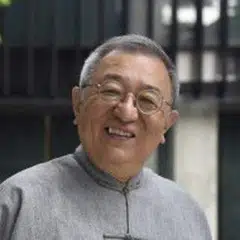Yuelu: 40 years of longing for a thousand-year-old Chinese academy
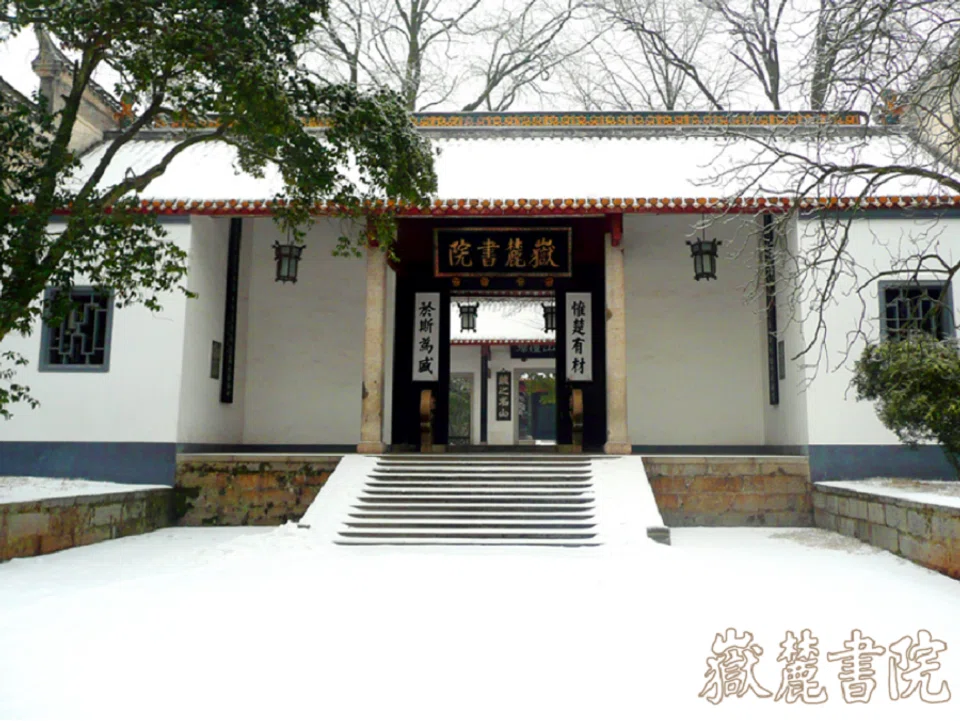
(All photos taken from Yuelu Academy official website)
The Yuelu Academy (岳麓书院) is situated at the foot of Yuelu Mountain in Changsha, Hunan. Since the Song dynasty, it has been an academy for grooming generations after generations of literati who would inherit the precious legacies of Chinese culture and Confucianism. It is prestigious, renowned, and regarded as one of the four great academies of ancient China. In modern times, Yuelu Academy is preserved as part of Hunan University.
I've studied in Taiwan since I was a child. Whenever I think about literati gathering in Changsha (named "Tanzhou" in ancient times) at the foot of Yuelu Mountain on the bank of the Xiang River, discussing, pondering, and exploring the meaning of life a thousand years ago, I'm always filled with awe and wonder - I want to be there myself.
Whimsical thoughts pop into my mind occasionally: if I could travel back in time and sit at a corner of the academy when it was in its prime, I would be meditating and watching white clouds floating high above the sky. I reckon fairies would emerge, scattering flowers all over the land. Then, intellectuals would walk around in their wide robes, with wind catching in their large sleeves, reciting verses, sparking deep thought and debating philosophy.
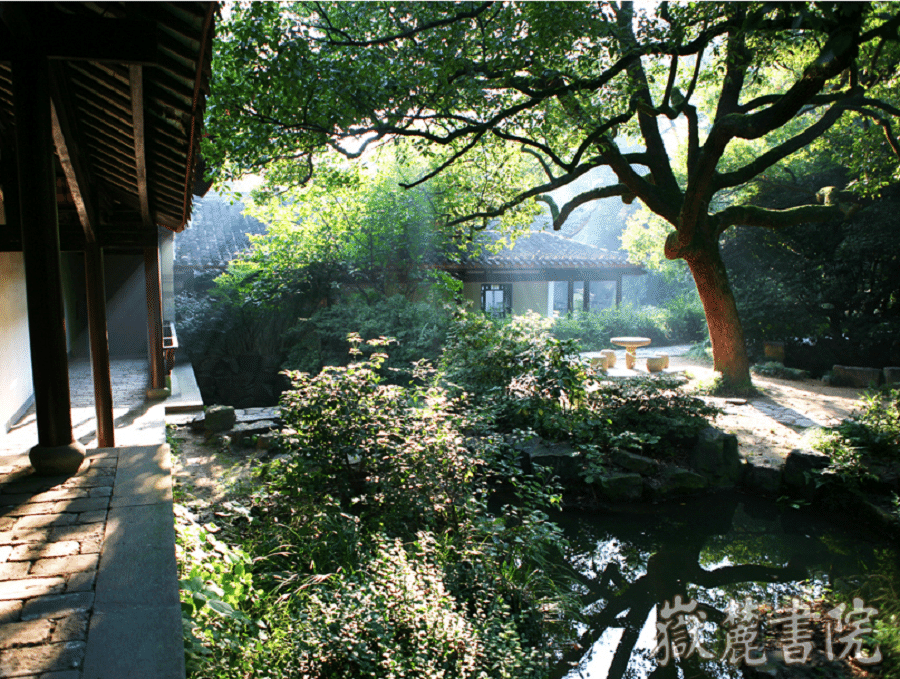
In the summer of 1976, a group of friends supporting the Baodiao movement (a social movement in the United States by Chinese students from Hong Kong and Taiwan, asserting Chinese sovereignty over the Diaoyu Islands) and I returned to China for a visit. We made a stopover at Changsha, and the United Front Work Department staff brought us to many tourist spots such as Hunan Museum, Hunan First Normal University and the former site of the Communist Party of China's Xiangqu Committee. We also visited Mawangdui (马王堆), where we saw the mummified body of a woman preserved in a tomb, as well as Yuelu Fishing Farm, where "sent-down youth" (知识青年 or 知青 zhiqing for short) would go to labour and work out.
I asked, "There's a Yuelu Academy, I believe. Is it nearby? Can we go take a look?" Our guide said the academy exists and sits at the foot of the Yuelu Mountain. But it was undergoing renovation now and closed to the public. However, Yuelu Mountain is indeed a scenic place. There are paths for hiking, and the Aiwan Pavilion (or Autumn-Admiring Pavilion, 爱晚亭) sits on the mountainside. The pavilion is definitely worth a visit - it was where Chairman Mao met with revolutionary youths like Cai Hesen back in the day. It doesn't matter how tall a mountain is, its value lies in what it's known for. The mountain overlooks the scenic Xiang River flowing northward - a breathtaking sight to behold. Thus, on my first trip to Changsha, I climbed the Yuelu Mountain, rested at the Aiwan Pavilion, and listened to the crisp sounds of nature. But I didn't visit the Yuelu Academy.
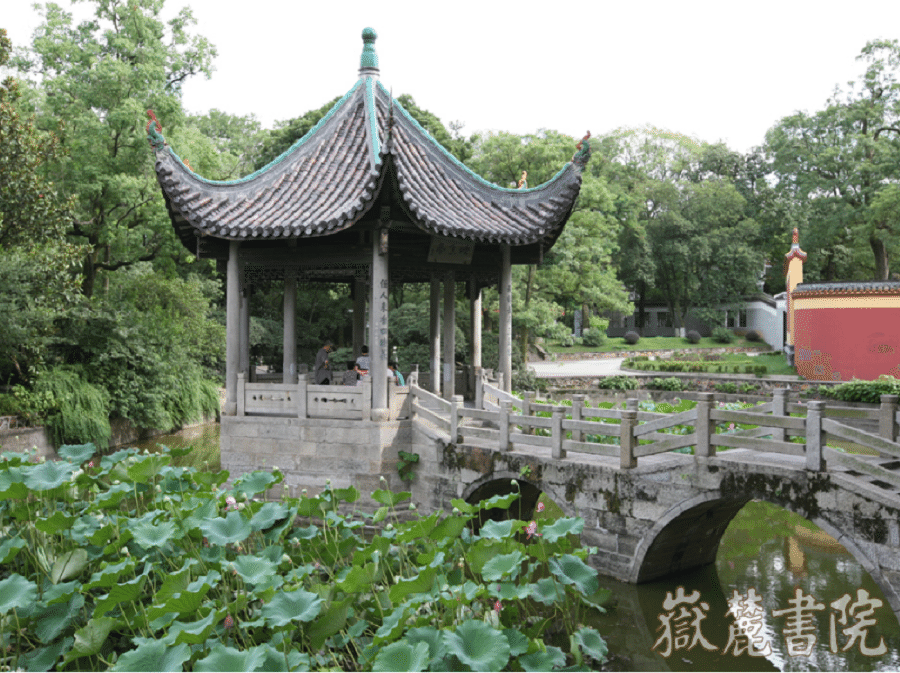
In retrospect, I'm getting suspicious that our guide could have just been patronising me when he said that the Yuelu Academy was undergoing renovation. As far as I can remember, the streets of Changsha were in a chaotic mess then, and had posters plastered everywhere criticising Lin Biao (Vice Chairman of Chinese Communist Party when Zhou Enlai was premier, with an attempt to assassinate Mao Zedong), Confucius and even Deng Xiaoping. There were also many posters that read "Down with Zhang Pinghua (Party Chief of Hunan Province)!", "Zhang Pinghua is Hunan's Deng Xiaoping!", and "Zhang Pinghua is an unremorseful capitalist!". The character ping (平) was even written upside down, with big red crosses marked across it. In the summer of 1976, criticisms against Deng filled the air and rebels were embroiled in a political struggle as a continuation of the "Criticise Lin Biao, Criticise Confucianism" campaign in the name of the "Legalism over Confucianism" Movement. Yuelu Academy advocates Confucianism and worships Confucius - it was not a good idea to bring me there, was it?
In a blink of an eye, 40 years have passed, and I'm still thinking about the Yuelu Academy. I've come to Changsha again. On this trip, I made it clear to my friend that I didn't want to visit all the patriotic tourist attractions and the Orange Isle again. I only had two places in mind: the Tongguan Kiln of the Tang dynasty and the Yuelu Academy of the Song dynasty. My friend assured me that it was a simple task. The two places were in close proximity to each other; Tongguan Kiln was less than an hour's ride away, and Yuelu Academy was behind the main buildings of Hunan University, right across the river.
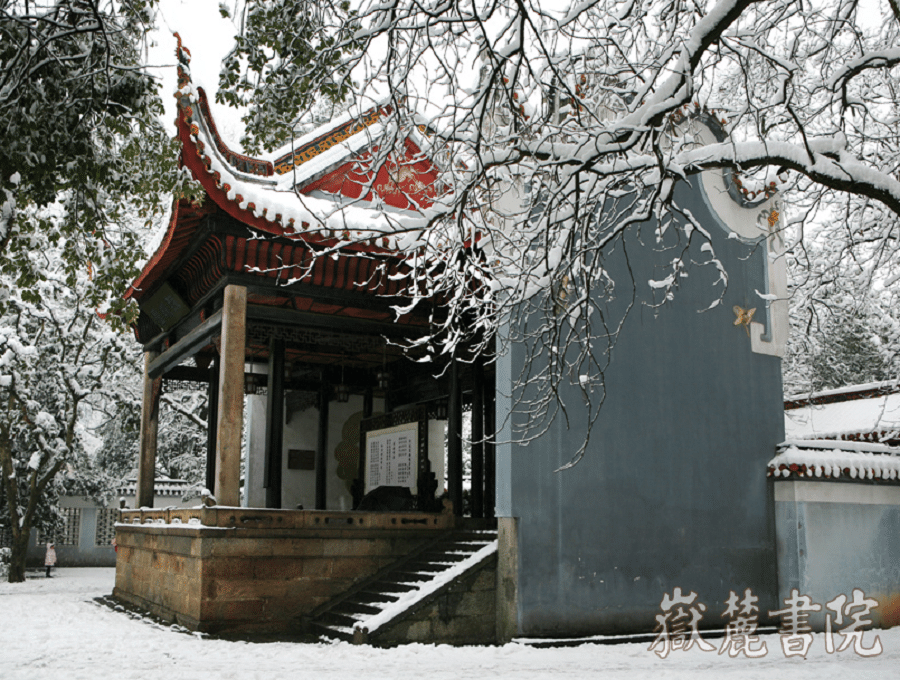
When we arrived at Yuelu Academy, I saw a row of female bachelor's degree graduates donned in their academic dresses posing for photographs on their graduation day. After buying our tickets, we stepped in through the front gate and saw a sophisticated ancient building facing the gate of the academy, akin to the ancient stages in front of temples that are used to pay respects to the gods. Of course, the stage is not for performance purposes - how disrespectful would it be in such a sacred place! I then realised that this building is named "Hexi Pavilion (赫曦台)", built in commemoration of the scholarly debate between Neo-Confucian scholars Zhu Xi (朱熹) and Zhang Shi (张栻) atop the Yuelu Mountain. The building was originally built on the mountaintop, overlooking the majestic scenery, and symbolising the brilliance of Confucianism. It was subsequently relocated to its current position by the academy's director - a flashy location to say the least - aimed at blinding visitors with the glory of Confucianism before they even stepped foot into the academy itself.
The structure of the academy's gate is simple yet magnificent. First, written on the plaque hanging above the gate are four big Chinese characters "岳麓书院 (Yuelu Academy)" in the regular script (楷书). The characters, beautifully calligraphed, are said to have been written by Emperor Zhenzong of the Song dynasty in a brilliant showcase of imperial majesty indeed. The couplet running down each side of the gate is flamboyant and boastful, a reflection of the Hunan people's never-say-die and fearless attitude: "Talents are found in Chu, and are the most abundant here (惟楚有才,于斯为盛)" - they really do feel very good about themselves.
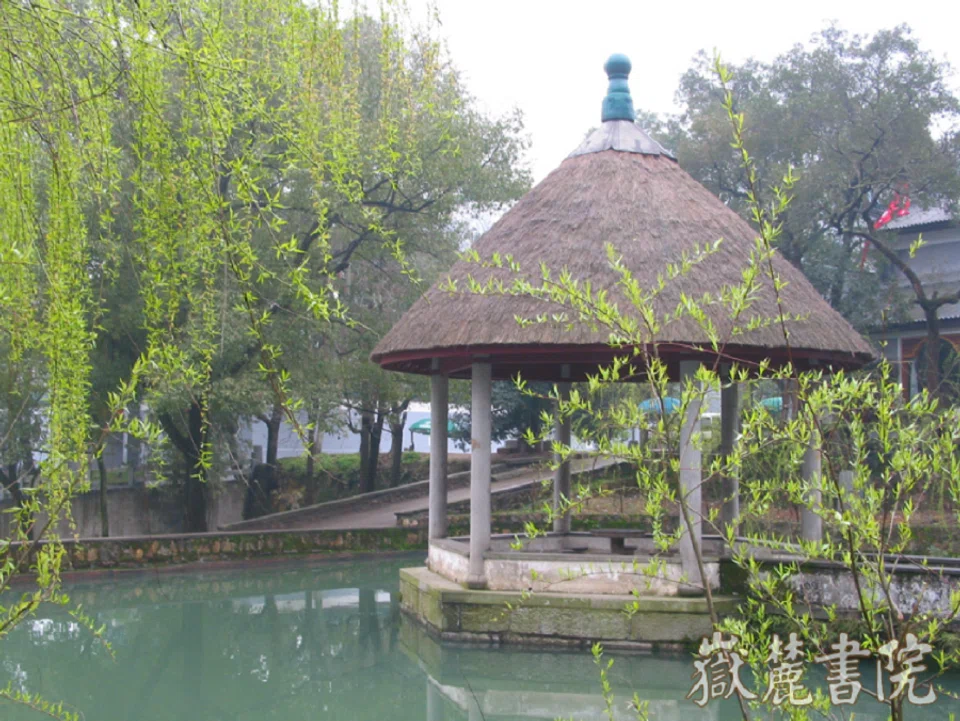
Although the war-torn Yuelu Academy has endured multiple reconstructions and no longer operates under the old systems of the Song and Yuan dynasties, it retained the organisational structure of the Ming and Qing dynasties: it has a library, lecture hall, hostel, garden and alley, river and bridge - all is neat, orderly and awe-inspiring. I couldn't help but think about scholar-turned-general Zeng Guofan (曾国藩) who used to study here, and led the Xiang Army to pacify the Taiping Rebellion. He had written that he "lost every battle fought (屡战屡败)" in his reports to the imperial court, but his private secretary would reorder the words to convey that he "fought every battle lost (屡败屡战)" instead, highlighting his unyielding determination in battling.
Yuelu Academy is indeed a symbol of Confucianism in Hunan and a bastion of culture that reflects the resilience of the Hunan people. It was getting dark and I left the academy. I've never felt more satisfied.
Related Readings: Autumn musings by the West Lake | Wintersweet scents in Jiangnan
